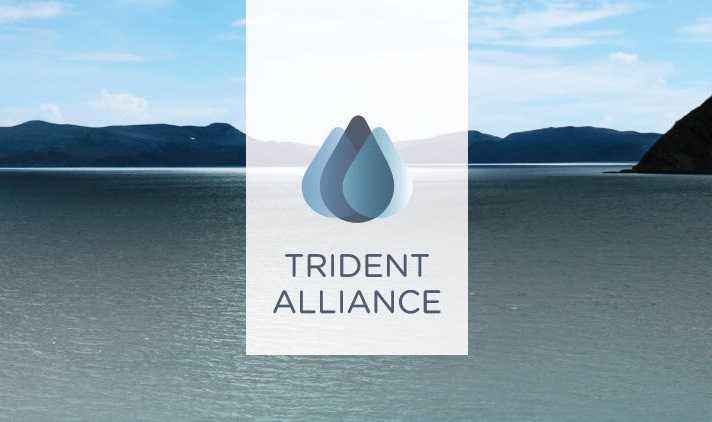The Trident Alliance has welcomed IMO’s decision on introduction date of the 0.5% Global Sulphur Cap, but stresses the need for a robust implementation plan.
In a statement for press the Trident Alliance says it believes that effective enforcement of the Global Sulphur Cap promises to be even more challenging than enforcing the ECA zones currently in effect. The statement calls for effective implementation, including signatories to Marpol Annex VI adopting clear legal frameworks, together with a plan to ensure consistent implementation internationally and guidelines for robust enforcement and sanction schemes that are a real deterrent to non-compliance.
“Strong engagement by the IMO member nations on effective implementation of the Global Sulphur Cap is as important as the committee’s decision this week,” said Anna Larsson, Chair of the Trident Alliance.
As part of its decision to adhere to the 2020 implementation date, the MEPC also agreed to discuss measures needed to implement the 0.50% sulphur limit. Those discussions will begin at IMO’s PPR Sub-Committee when it meets in January 2017.
“A lot of work remains to ensure a level playing field for the industry and before the 0.5% Global Sulphur Cap will begin to have the intended impact on human health and the environment. Trident Alliance members will contribute as much as possible in this process, sharing their experience and insights from the implementation of sulphur regulations across the globe,” added Larsson.
The Trident Alliance coalition of 39 ship owners and operators have worked since 2014 to ensure robust implementation of sulphur regulations across the globe.
The Trident Alliance (www.tridentalliance.org) is a coalition of ship owners and operators who share a common interest in robust enforcement of maritime sulphur regulation as a means to ensure fair competition and are willing to collaborate to help bring it about. The Trident Alliance partners with other stakeholder groups, who share the interest in robust enforcement, to work on specific initiatives that support this objective.
The organisations focus is on communication to raise awareness of the issue, supported by compliance transparency measures, as well as on initiatives to foster innovation in enforcement technology.
The Trident Alliance Members: American RORO Carrier, Ardmore Shipping Corporation, Biglift, Cargill, Crowley, DFDS, EUKOR, Euro Marine Logistics, Fjord Line, Flinter, Grieg Star, Hamburg Sud, Hapag-Lloyd, Höegh Autoliners, Intermarine, Ionic Shipping, J. Lauritzen, Maersk Line, Maersk Tankers, Marinvest, Nordic Tankers, Rickmers Linie, Scandlines, Scorpio, Seatrade, Solvang, Spliethoff, Stena, Torvald Klaveness, Transfennica, UECC, Ultrabulk, Ultragas, Ultratank, Unifeeder, Wallenius Wilhelmsen Logistics and Wijnne Barends.

